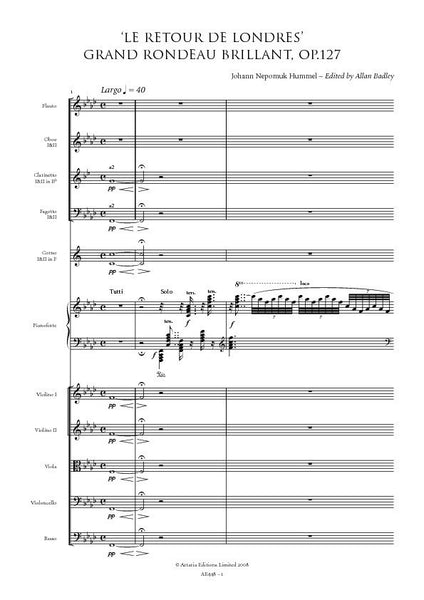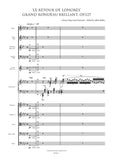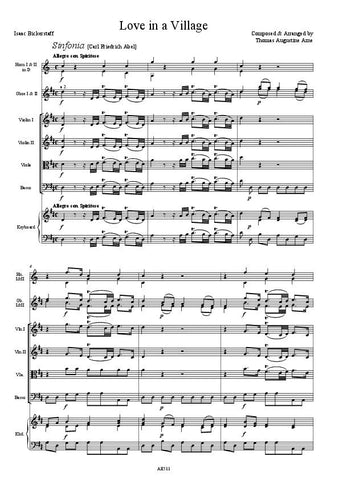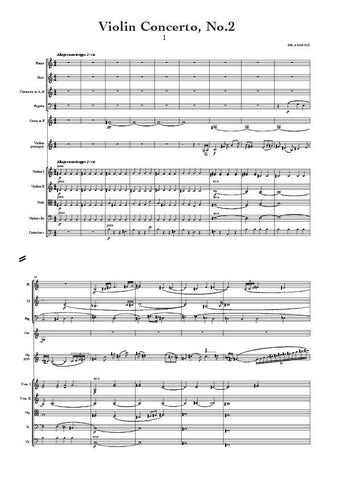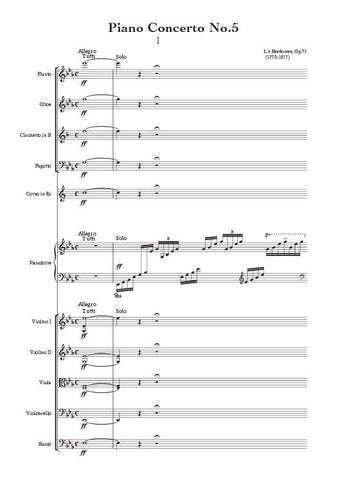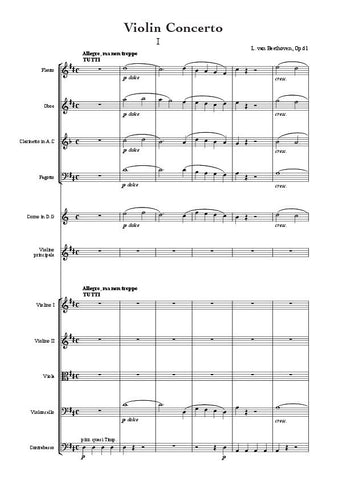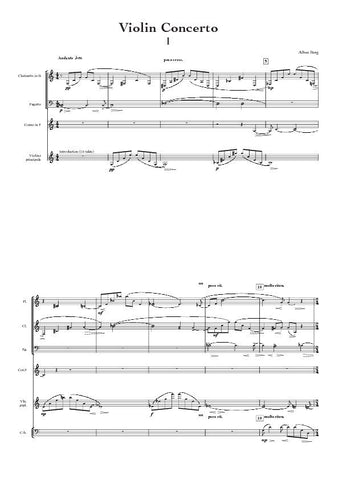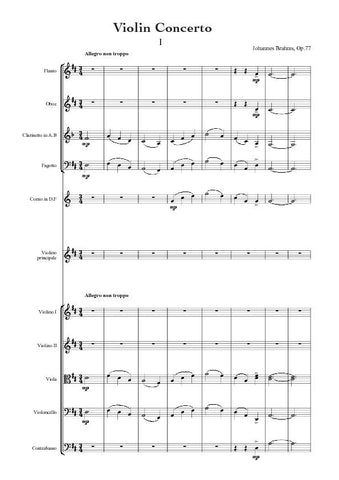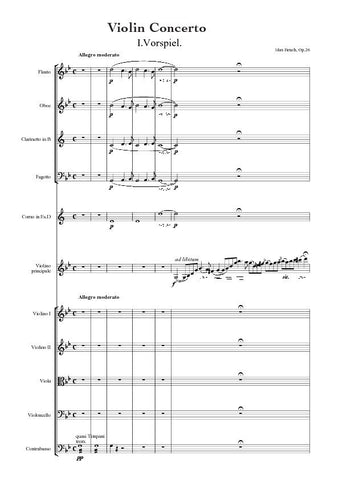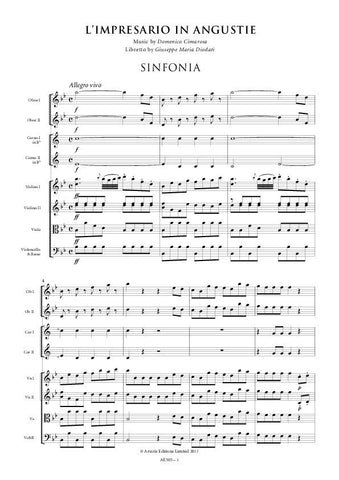Description |
Hummel, Johann Nepomuk (1778-1837)
|
||||||||||||||||||||
Audio sample |
|||||||||||||||||||||
Details |
Unlike Beethoven, whose deafness drove him from the concert platform relatively early in his career, Johann Nepomuk Hummel remained one of Europe's most celebrated virtuosi until the early 1830s. His longevity as a performer owed as much to his vigour and resourcefulness as a composer as it did to his formidable technique as a pianist. As his annual leave had been cancelled in 1829 Hummel took six months off in 1830 for an extended trip to Paris and London. Although he was at the height of his career it appears as though his star was beginning to wane. In London, however, he triumphed in his first visit there for forty years and on the strength of his success made two further visits. The first of these, in 1831, was virtually ruined by competition from Paganini and in 1833 he functioned largely as director of the German opera season although he did present at least two new works, Le retour de Londres.Grand Rondeau brillant in F, Op.127 and his last piano concerto. The audience showed its approval of the more spectacular passages "with hands, feet and canes as if the lightly built auditorium were celebrating its own destruction". As is customary for Hummel, the Le retour de Londres opens with an extended slow introduction remarkable for both its beauty and expressiveness. The Rondeau that follows reveals Hummel's great mastery of the form. The theme is quirky and full of musical invention; the episodic material, at turns simple and expressive or brilliantly virtuosic. In this medium Hummel was peerless and this late work shows that he had lost none of his old fire. Allan Badley |
||||||||||||||||||||
Score Preview (best viewed in full screen mode) |
|||||||||||||||||||||
Once again, postal service to the USA is disrupted. Click for details close
Loading...
Error




